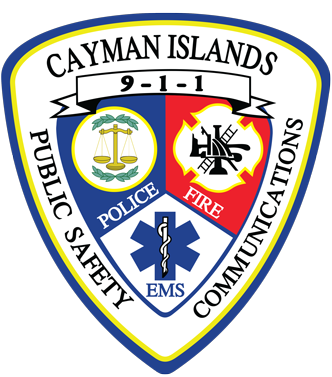Thanks to 911 Interpreters
Published 3rd December 2007, 12:8pm
Few residents know that "they" exist. They work alone, and at odd hours - even during the wee hours of the morning.
But despite being largely unknown, these dedicated individuals are indispensable to the 911 call centre, at times when public safety - and sometimes, even lives - hinges on the need for a common language to be spoken.
"They" are the 911 foreign-language interpreters. And to show how much their services are appreciated, 911 staff recently took them to lunch, where they were introduced to 911 supervisors and to each other.
"We cannot thank these volunteers enough," said 911 Director Juliette Gooding, who gave interpreters an outline of their responsibilities and explained the confidential nature of their volunteer roles. Interpreters were also asked to sign confidentiality forms.
"All our interpreters are mature, professional persons who come with a high level of commitment, integrity and responsibility. Their assistance is greatly appreciated," Ms Gooding added.
The 911 interpreter list is shared with the Cayman Islands Hospital and the Royal Cayman Islands Police, because sometimes it is better to have someone physically on the crisis scene to help with interpretation, rather than have victims speak to someone by phone, she explained.
Ms Gooding invites anyone who speaks a foreign language other than Spanish (as 911 has several Spanish interpreters already), to e-mail brent.finster@gov.ky the 911 Centre, so that they can be sent the registration form.
How Interpreters Work
- A call comes into 911 and the caller speaks a foreign language.
- The 911 operator advises the caller that he or she will be linked with an interpreter.
- The 911 operator then punches in the interpreter's number for the relevant language into the 911 computerized telephone system and links the caller.
- The operator tells the interpreter that 911 is calling, and that there is a caller on the line who needs assistance.
- The operator then directs the interpreter on the questions to ask, and he or she relays the information back to the 911 operator.


